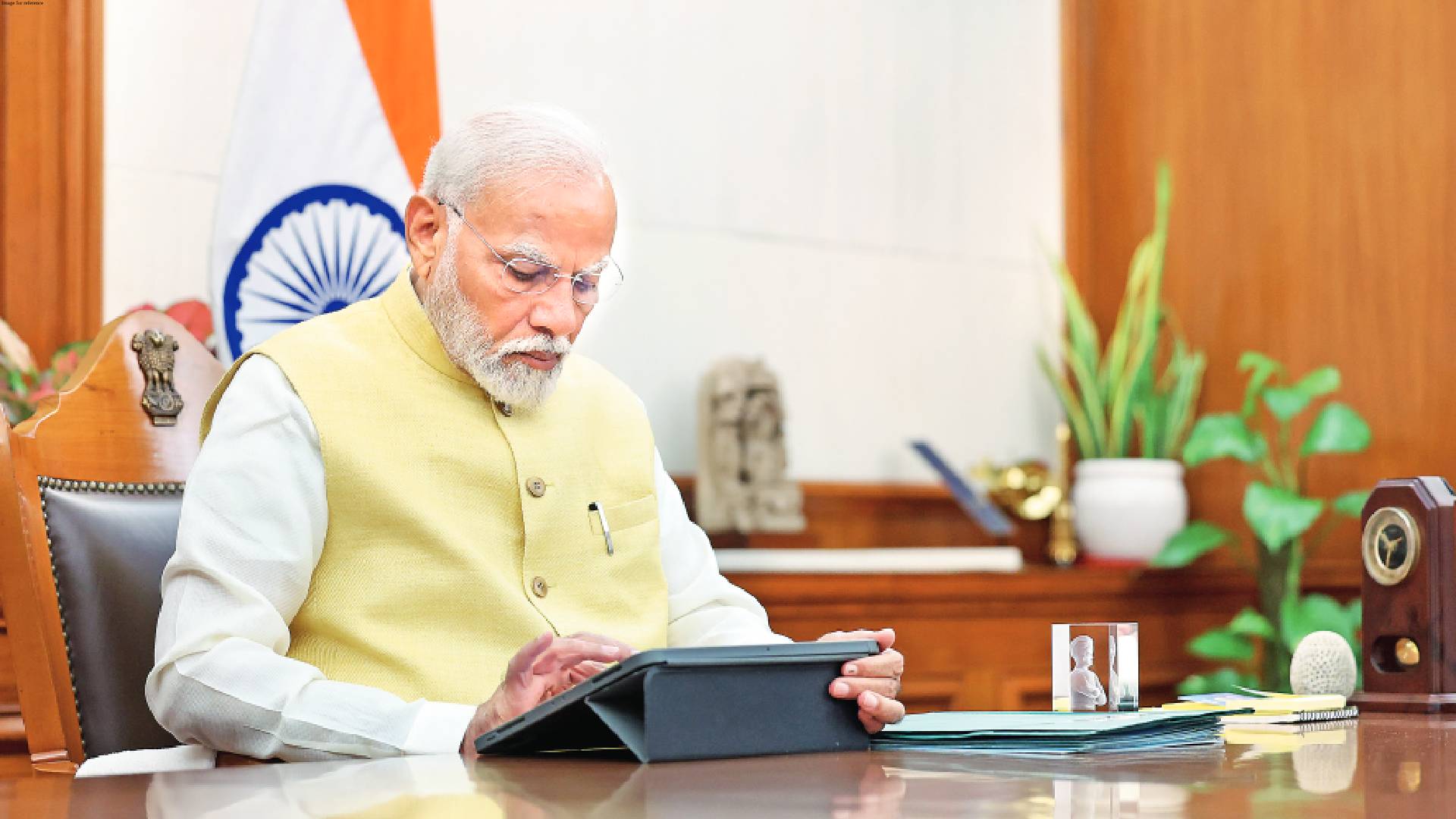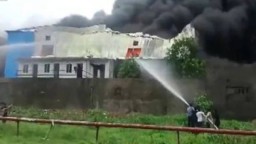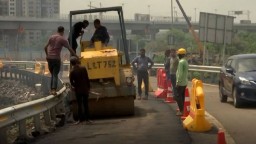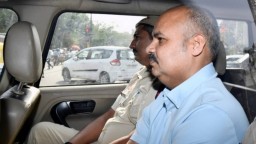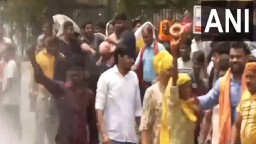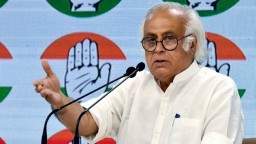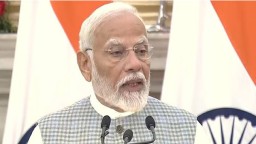Latest News
DOES IT MAKE INDIA’S CASE STRONGER?

The Pakistan occupied Kashmir (PoK) experienced turmoil over the past weeks against the high electricity tariffs, reduced subsidies on wheat and a general lack of development in the region. The Pakistani security forces used brute force to quell the protests but the public braved the atrocities and forced the government to concede their demands. Normalcy was only restored after the Jammu Kashmir Joint Awami Action Committee (JAAC), an alliance of civil rights groups, called off their protest. The protests were among the largest and most intense in recent years, driven by widespread discontent over the Pakistani government’s policies on basic amenities, and a general lack of development. The protests ended after Pakistan Prime Minister approved a grant of Rs 23 billion to meet most of their demands.
Maharaja Hari Singh acceded the complete state of Kashmir including Gilgit, Baltistan, Kashmir, Jammu, Leh and Ladakh to India in 1948. These areas were never acceded to Pakistan making all this as Indian Territory. Abrogation of Article 370 has irreversibly cemented J&K as an integral part of India like other states and it has brought into focus the future of illegally occupied PoK and Gilgit-Baltistan (GB). In September 1994, the Pakistan Supreme Court held that since the Gilgit-Baltistan region was not part of Pakistan, the judicial matters pertaining to it were outside the purview of the Pakistani courts. Ipso facto GilgitBaltistan is legally not part of Pakistan. PoK and GB have been administered under special Councils headed by the Prime minister of Pakistan without representation in the Pakistan national assembly. Recent statements by India’s ruling party leaders to take back PoK is just a rhetoric or real must be seen keeping Defence Minister’s assertion to take it without using force.
PoK covers an area of 13,297 sq km with a total population of about 4.5 million. Majority population is Muslim but Punjabi and not Kashmiri due to a planned demographic inversion. There is very little cultural affinity to people in India anymore and they have been at the receiving end in three wars and in cross LoC duels. So, any kind of affinity to India from people of PoK is not going to be so easy.
Gilgit- Baltistan (Balwaristan) encompasses an area of approx. 73,000 sq km with a population of about 2 million. It is a tribal area with Shia majority, a huge Sunni Influx has upset the ethnic balance leading to sectarian strife. GB lies in lap of the greatest mountain ranges of the world — Hindukush, Pamirs, Karakorams and Himalayas. The backbone of the China - Pakistan Economic Corridor (CPEC), the Karakoram highway runs through this region. The region is critical for water security of Pakistan and gives India a direct access to Afghanistan and the Central Asian Republics (CARs).
The continued deprivation of political, economic and human rights is driving the people of this strategic northern end of Pakistan to desperation. Gilgiti and Balti soldiers have sacrificed their lives for Pakistan without recognition and their poor treatment in the aftermath of the Kargil War has alienated them. CPEC is also depriving them of livelihood due to influx of Chinese labour and anti - China sentiments. Large scale disturbances and agitations are envisaged seeking independence from Pakistan.
STRATEGIC LINES OF ACTION
Unified national approach with clear and unambiguous wider consensus to retake the PoK and GB area as this amount to adding 6.5 million people of minority class and a commitment in which India should be prepared to invest for the long haul with consistency and sincerity.
While PoK puts India on the doorstep of Islamabad, Gilgit Baltistan gives access to Afghanistan and CARs. PoK and GB are distinct and different and the people of GB do not want to get clubbed with PoK which makes it imperative to de hyphenate them as separate strategic objectives. India needs to give a clear message to China and Pakistan to stop CPEC projects in PoK and GB and establish a direct communication channel with the people of PoK and GB.
Now is the best time to start the process as Pakistan is down on many counts and China is caught in an economic slowdown, trade war and its own homeland problems. The international community including the US is fed up of Pakistani antics and tacit support to India is becoming a reality. India must project that restoring PoK and GB to India is only a correction of an historical anomaly. If PoK and GB are re-amalgamated into India, stabilisation of Afghanistan will be a big relief to global community including the US and Russia and help keeping China at bay.
Soft power in terms of media, understanding tribal culture, democracy, aspirations, shared socioeconomic values, history, et al should be employed to commence the people’s movement. Once basic ground is made, hard power initially economic and political and as a last resort the military power may have to be used. The finer issue is how to make it non - military, non - nuclear and non - controversial. India must avoid copying Pakistani approach (in Kashmir) while dealing with matter of PoK and GB and the struggle of local population against Pakistan government must remain the focal point.
THE VIEWS EXPRESSED BY THE AUTHOR ARE PERSONAL
Col Rajesh Bhukar The writer is a Post Graduate in International Studies, Alumni of Defence Services Staff College, Wellington and College of Combat, Mhow







